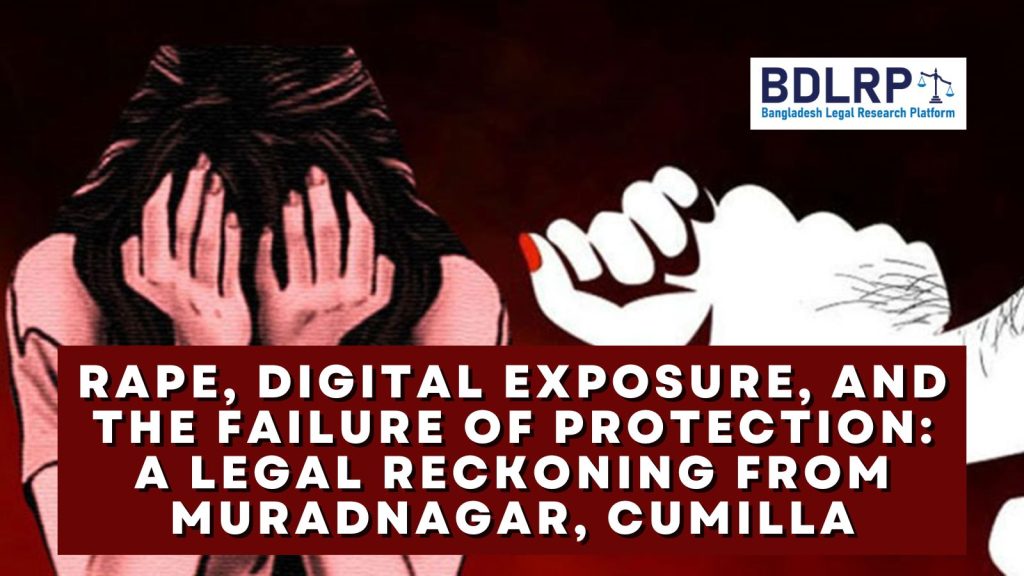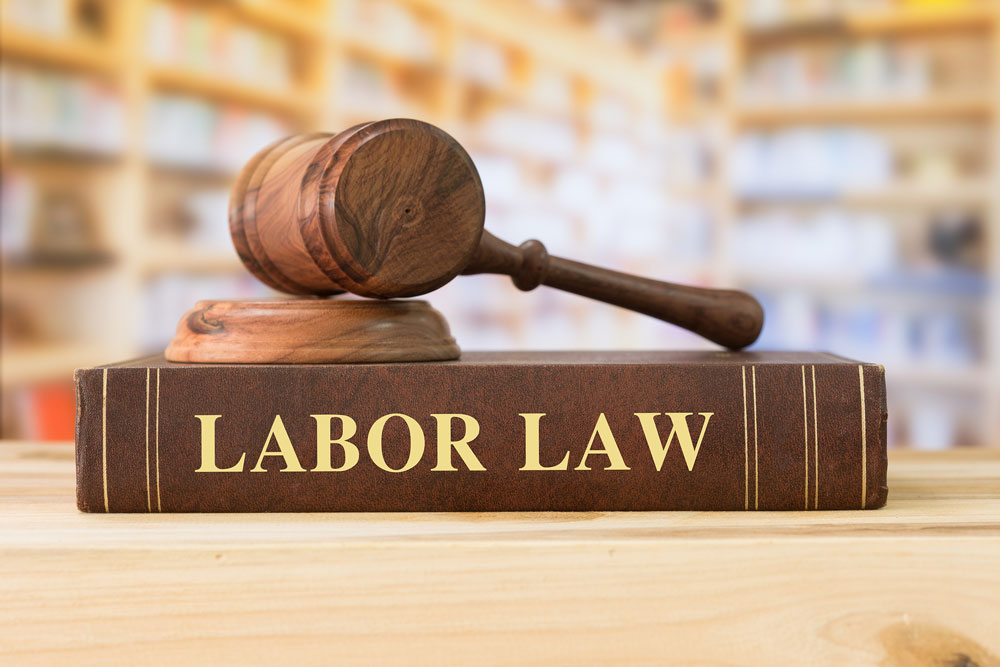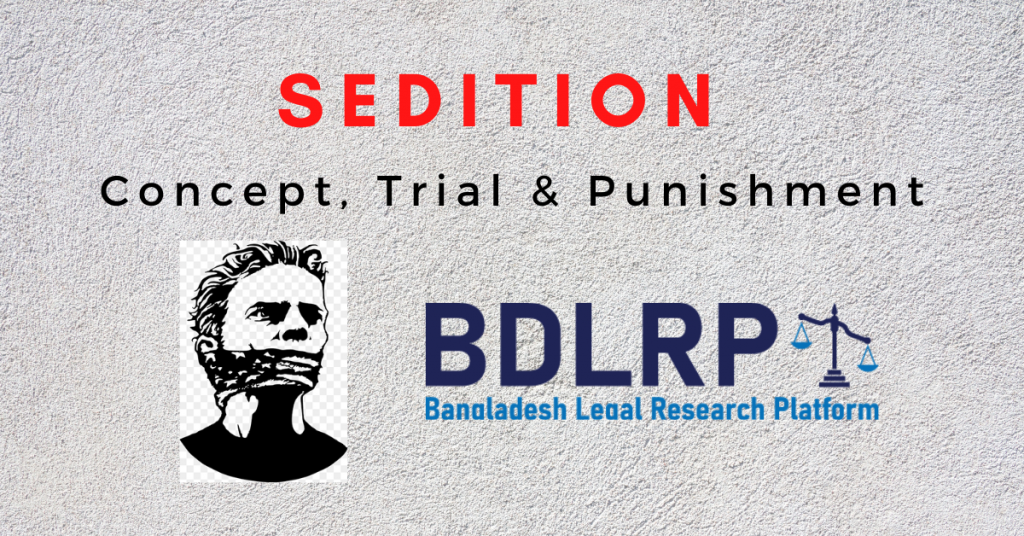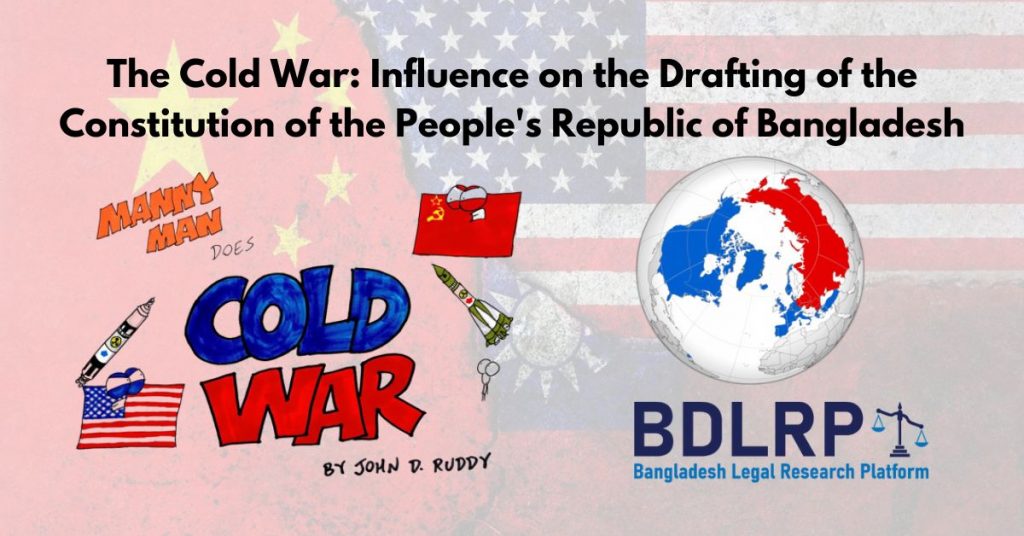The grainy video is only forty-seven seconds long, but it has been seen in places far away from Muradnagar, Cumilla. A scared Hindu woman who had cries for help while a man forces himself on her. Two other people cheer and hold a phone. The video showed up on Facebook groups connected to local politicians hours after the attack, taking away the survivor’s privacy and dignity in one fell swoop. Five suspects have been arrested, including a ward-level leader of a major party. However, the bigger question for the country is whether the legal system can keep up with the speed and brutality of digital violence. People are very angry very quickly. University students blocked the Shahbagh intersection and chanted “No more impunity.” Hindu rights groups called for a special prosecutor, and neighbours in Ramchandrapur Panchkitta lit candles outside the victim’s home. Their anger is based on more than just the violence of one night. For example, the gang rape of Purnima Rani Shil during the 2001 post-election violence and the Begumganj attack that led to nationwide protests in 2020 show that minorities and women keep paying the same price.
On paper, Bangladesh’s laws are strict. Section 376 of the Penal Code (1860)[1] says that anyone found guilty of rape will go to jail for life or up to ten years and pay a fine. The 2000 Act, also known as the Women and Children Repression Prevention Act, goes even further. Section 9(1) says that life in prison is the minimum sentence, and section 9(3) says that the victim must die from the attack in order for the attacker to get death or life in prison.[2] In October 2020, after the Noakhali video sparked protests in the streets (State v Md. Rahmat Ullah & Others, Begumganj, 2020), the government changed the law to make the death penalty the maximum sentence again, even for rape by one person. This showed that people were fed up with a justice system that was seen as too lenient. At least some of the time, courts have shown they will use these powers. In 2011, the High Court sentenced eleven men to life in prison for the gang rape of twelve-year-old Purnima Rani Shil (State v. Purnima Rani Shil & Others, 2011).[3] The court said that sexual violence against minorities “tears the moral fabric of the republic.” A Noakhali tribunal sent thirteen men to prison for ten years last December for a gang rape that happened in 2020 and was also filmed and uploaded (Begumganj Rape Case, Noakhali Tribunal Verdict, 2023)[4]. However, the number of convictions is still low. Court statistics given to Parliament show that only one in five rape cases filed in 2023 reached a verdict. Defense delays, hostile witnesses, and political interference often dull the sharpest legal swords.
In addition to rape, the Muradnagar case also involves making and sharing sexual content without consent. The Pornography Control Act 2012 comes into play here. Section 8(1) makes it a crime to record or share any sexually explicit image without permission. The punishment is seven to fourteen years in prison and fines of up to Tk 1 crore. If a minor is involved, the punishment is even worse. The new Cyber Security Act 2023 can also be used by investigators because the clip was posted online. Section 25 says that publishing “offensive or humiliating” content online can get you up to two years in prison[5]. Section 31, which was kept in its entirety from the criticised Digital Security Act, says that material that stirs up communal hostility can get you five years in prison and a Tk 25 lakh fine[6]. Section 292 of the Penal Code makes it a crime to share obscene material, and prosecutors can add this on if they want. These rules let the police freeze social media accounts, take phones without a warrant, and make Facebook or YouTube take down the video. The tools are there; the real test is whether they are used as much against politically connected suspects as they are against regular people. The investigation into the Begumganj case in 2020 (Begumganj Rape Case) showed both the good and the bad: the video was taken down within hours, but it took public outrage for the arrests to stick.
Laws alone can’t get rid of all the ways that a Hindu woman in rural Bangladesh is vulnerable. Article 27 of the Constitution[7] says that everyone is equal before the law, and Article 32 protects personal freedom. But what happens in court often goes against those promises. Witnesses in cases that target minorities go missing, settlements are made under threat, and survivors are shamed into not speaking out. The 2000 Act does give tribunals the power to hold proceedings in camera and order compensation, but not many judges use these protections all the time. Three things need to happen for Muradnagar to be a turning point instead of just another footnote. First, investigators need to make sure that every seized device has a digital chain of custody so that defense lawyers can’t say that the footage was altered. Second, prosecutors need to ask the tribunal for daily hearings, which the High Court has supported in recent rape appeals, to keep the momentum going and stop the culture of adjournment. Third, the survivor must get state-funded counselling and, if necessary, move to a new place. Section 15 of the Pornography Act[8] already lets courts order this kind of help, but it is not used very often.
In the end, Many times, the law has spoken. But words alone won’t matter in Muradnagar. If this event fades into delay or silence, it will confirm what many already fear: that politics can cover up even the clearest crimes. This is a time when Bangladesh’s legal system and moral strength are both being put to the test. Punishment is only one part of justice. It’s about making it clear to everyone, in a strong way, that no one, not even the politically powerful, can take away a woman’s dignity and get away with it. That no group of people will feel unsafe in their own country. And that digital platforms, no matter how fast, will never be able to escape being held accountable. The law is real. The terms are easy to understand. The country is waiting to see if the law will step in to protect the weak or if another victim will only be remembered through a headline, a video, and silence.
Samaun Fardosy,
LLB (Hons), 3rd Year
AIUB.
Reference:
[1] Penal Code 1860 (Bangladesh) s 376 (‘Punishment for rape’) <https://bdlaws.minlaw.gov.bd/act-11.html>
[2] Women and Children Repression Prevention Act 2000 (Bangladesh) s 9(1)–(3) (‘life imprisonment minimum penalty; fatal outcome for death or life imprisonment’) <https://www.refworld.org/sites/default/files/2024-07/women_and_children_repression_prevention_act_2000_bangladesh.pdf>
[3] State v Purnima Rani Shil & Ors (Bangladesh, Trial Court, 4 May 2011) <https://en.wikipedia.org/wiki/Rape_of_Purnima_Rani_Shil>
[4] Begumganj Rape Case (Noakhali Women & Children Repression Prevention Tribunal‑1, 29 April 2023) (‘life term verdict’) <https://www.observerbd.com/news/424011>
[5] Cyber Security Act 2023 (Bangladesh) s 25 (‘punishment for sending or publishing offensive, false or threatening information’) <https://legislativediv.portal.gov.bd/sites/default/files/files/legislativediv.portal.gov.bd/page/74e04fe7_3a20_4636_8e6e_e8d52c3f5182/Cyber%20Secrity.pdf>
[6] Cyber Security Act 2023 (Bangladesh) s 31 (‘offence of stirring communal hostility or deteriorating law and order; up to five years’ imprisonment or a fine of Tk 2.5 million’) <https://legislativediv.portal.gov.bd/sites/default/files/files/legislativediv.portal.gov.bd/page/74e04fe7_3a20_4636_8e6e_e8d52c3f5182/Cyber%20Secrity.pdf>
[7] Constitution of the People’s Republic of Bangladesh 1972, art 27 (‘equality before law; equal protection of law’) <https://bdlaws.minlaw.gov.bd/act-367/section-24575.html>
[8] Pornography Control Act 2012 (Bangladesh) s 15 (‘offence of possessing or distributing pornographic material’) <https://www.scribd.com/document/550543739/porn-in-english-act2018>




